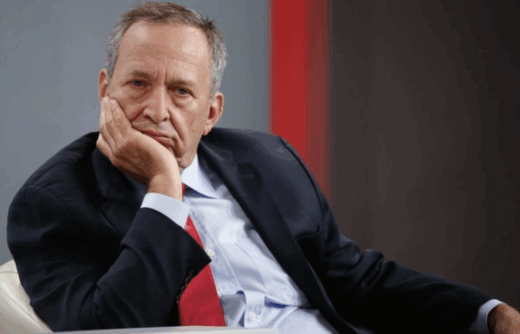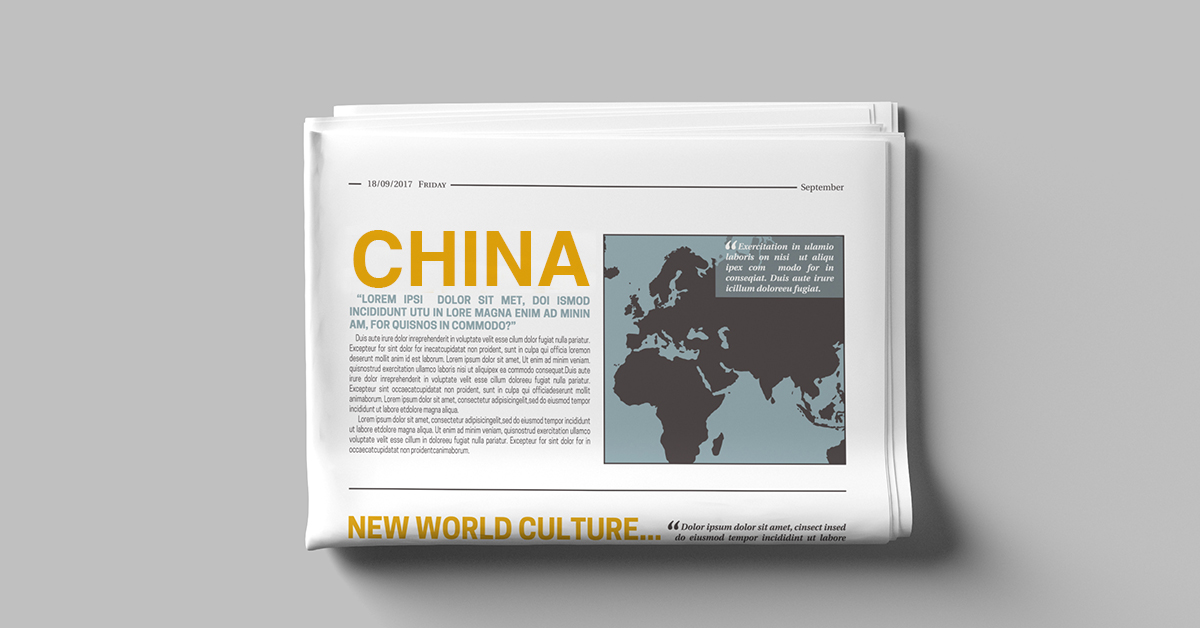China Emerges as a Global AI Power as Hong Kong Builds a Specialized Innovation Hub
A new Global AI Competitiveness Index from the Deep Knowledge Group finds China firmly positioned as a global AI leader, propelled by national strategy and breakthroughs such as DeepSeek’s low-cost, high-efficiency models. The report identifies three governance models shaping AI worldwide: China’s centralized state-led approach, the U.S.’s innovation-first private-sector model, and the EU’s rights-based regulatory regime. Hong Kong is also rising as a specialized innovation hub, supported by regulatory competitiveness and input from the Financial Services Development Council.

Ant Group’s LingGuang App Hits 1 Million Users in 4 Days, Outpacing ChatGPT and Sora
Ant Group’s new AI app LingGuang has surpassed 1 million downloads in just four days—faster than OpenAI’s ChatGPT and Sora—overwhelming servers and forcing a temporary suspension of its signature “vibe coding” feature. Now topping China’s App Store charts, LingGuang lets users generate full software applications directly from text prompts, effectively acting as a “personal AI developer.” Ant Group says LingGuang’s rapid adoption makes it a major new contender in the accelerating global AI race.
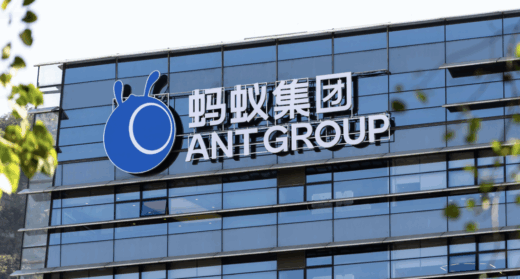
U.S. Considers Allowing Nvidia’s H200 AI Chip Sales to China, Marking a Major Policy Shift
U.S. officials are in early internal discussions about whether to allow Nvidia to sell its high-end H200 AI chips to China, according to sources familiar with the matter. No decision has been made, and the conversations may not result in export approvals, which are tightly controlled under rules introduced in 2022. Still, even considering H200 shipments marks a sharp departure from the Trump administration’s previous hardline position on semiconductor restrictions. Approving sales would be seen as a significant concession to Beijing.
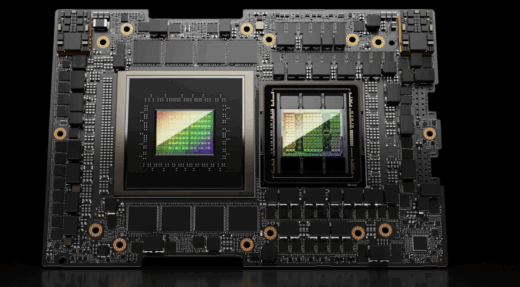
Yann LeCun Rejects LLMs as a “Dead End,” Plans Shift Toward World-Model AI
Meta’s chief AI scientist Yann LeCun is reportedly preparing to leave the company amid disagreements over the future of human-level AI. LeCun argues that large language models are a “dead end” and believes the next leap requires world models—AI systems that understand physical reality, not just text. His views clash with Meta’s growing LLM-driven leadership structure. LeCun envisions models that maintain an internal state of the world, predict outcomes of actions, and reason like animals or children processing rich sensory data.
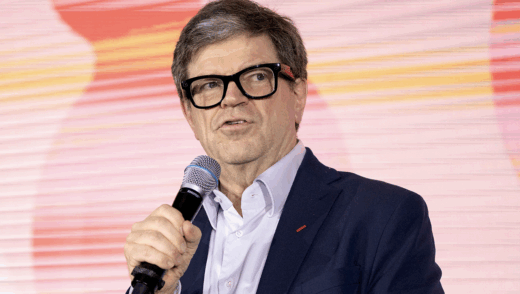
Microsoft’s AI Push Sparks Clash Between Excited Execs and Frustrated Users
Microsoft AI CEO Mustafa Suleyman dismissed claims that AI is “underwhelming,” saying it’s “mindblowing” that people are unimpressed by fluent, image-generating AI systems. Yet users argue their frustration isn’t with the technology itself but with Microsoft’s strategy of pushing AI into every product while neglecting long-standing issues like Windows UI design, privacy, and security. Anger intensified after Windows President Pavan Davuluri described Windows as evolving into an “agentic OS,” prompting backlash that Microsoft prioritizes investor-driven AI hype over user needs.
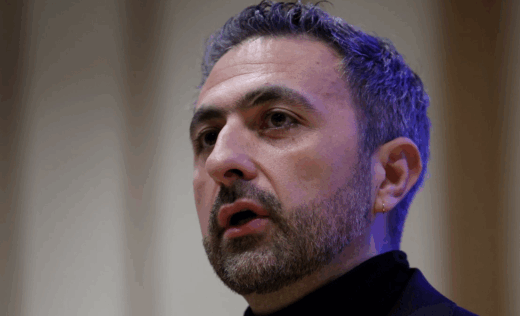
Google Pushes for 1000× AI Infrastructure Growth Despite Bubble Fears
Amid growing talk of an AI investment bubble, Google is facing the opposite problem: it can’t build infrastructure fast enough to meet demand. At a recent all-hands, AI infrastructure chief Amin Vahdat told employees the company must double serving capacity every six months and scale “1,000× in 4–5 years,” all while keeping costs and power usage flat. GPU shortages, compute limits, and grid constraints are slowing deployment of products like Google’s Veo video generator. Competitors such as OpenAI are racing to build massive data centers as well. Google plans to rely on new physical infrastructure, more efficient AI models, and custom TPUs to meet demand.
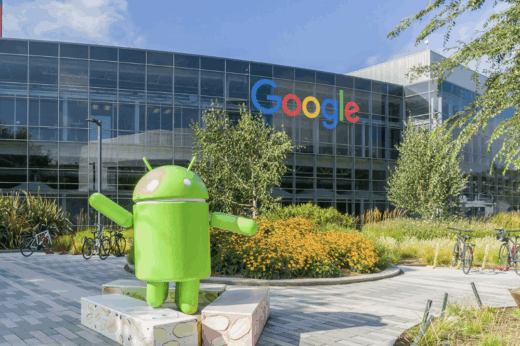
Larry Summers Resigns from Harvard and OpenAI Amid Scrutiny Over Epstein Ties
Former U.S. Treasury Secretary Larry Summers stepped down from both the OpenAI board and his teaching roles at Harvard as scrutiny intensifies over his past association with Jeffrey Epstein. Newly released congressional documents revealed Summers continued corresponding with Epstein even after Epstein’s 2008 conviction, though no evidence links him to criminal activity. Harvard announced a review of all university affiliates mentioned in the Epstein files, prompting Summers to take leave from the Mossavar-Rahmani Center for Business and Government.
